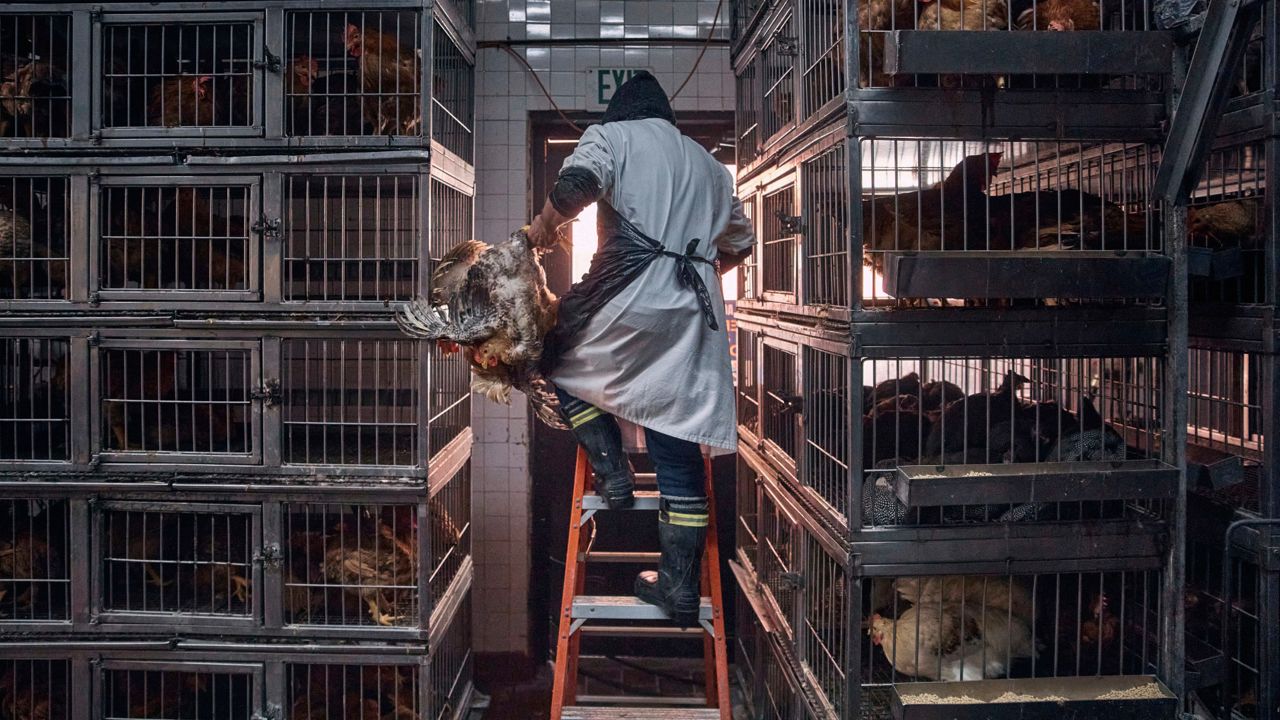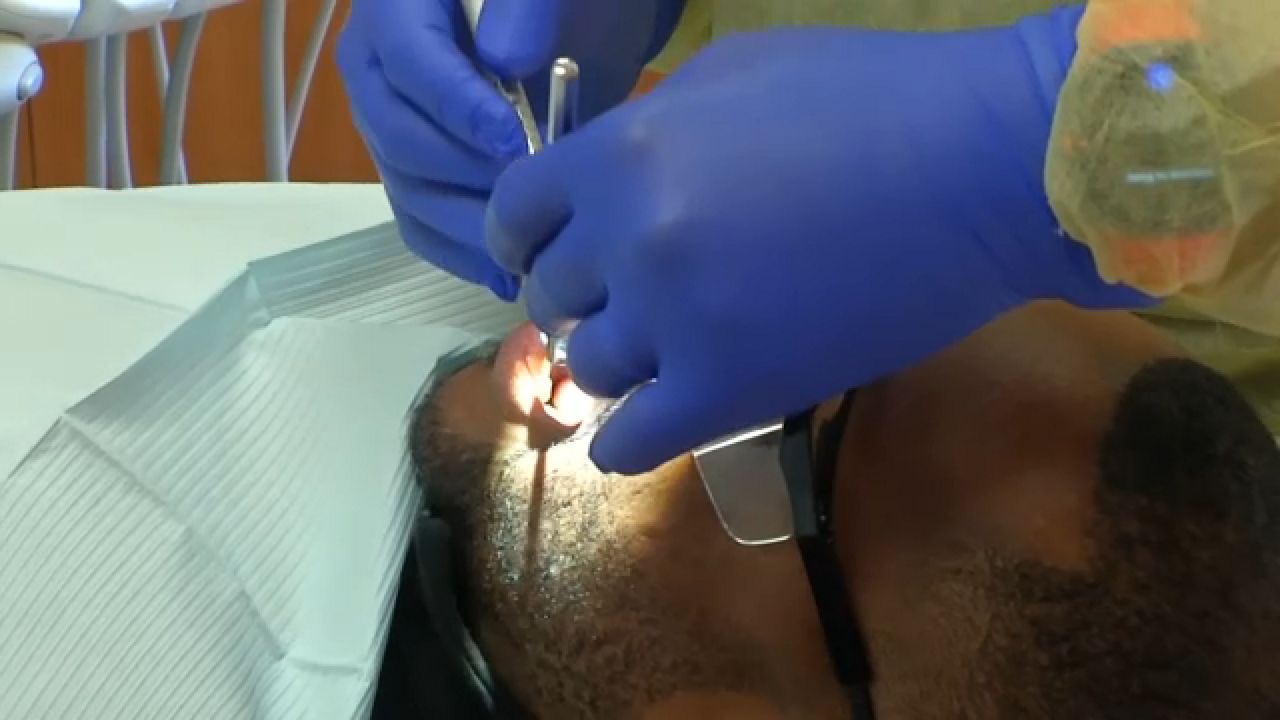One of the world’s largest pharmaceutical companies says a shortage of a common antibiotic is looming.
Pfizer has warned the Food and Drug Administration (FDA) amid an apparent increase in demand for penicillin.
There are several types of penicillin. This shortage is said to impact a long-acting injectable form of the antibiotic from Pfizer called Bicillin. And while experts say a shortage is reason for concern, they’re not sounding an alarm.
“There are few indications, meaning diseases, that really require penicillin itself,” said Albany College of Pharmacy and Health Science Assistant Professor of Pharmacy Practice David Butler.
Formulations of this antibiotic for children are expected to be depleted by the end of the month, according to a letter its manufacturer sent to clients this week.
“You can kind of similar to microchip shortages around COVID,” Butler said. “If there is competition for certain pieces of a formulation, like certain syringes or little bits that go into the manufacturing process, it can be very challenging to keep up with.”
It’s also a common form of treatment for sexually transmitted diseases among adults.
“Things like strep throat, we can use amoxicillin, like the pink stuff that we give to kids, but for syphilis, we really need penicillin itself,” Butler explained.
And that need is said to be a contributing factor to the looming shortage.
“One of the challenges that come with increasing syphilis rates is the increasing distrust in the medical system,” Butler said. “Particularly among people of color, that has been steadily increasing, especially among the younger population.”
Pfizer expects formulations for adults to take a hit, but not run out. Experts say providers do have a workaround in the treatment of their patients.
“These kinds of shortages are very, very common,” Butler said.
They encourage people not to panic.
“It seems like it will balance out, but this is a thing that comes up every year with different things,” Butler said.
The balance Butler is referring to is in regards to the current shortage of amoxicillin, which can be an alternative to penicillin. That supply is expected to rebound when while the supply of penicillin will likely persist into next year.









